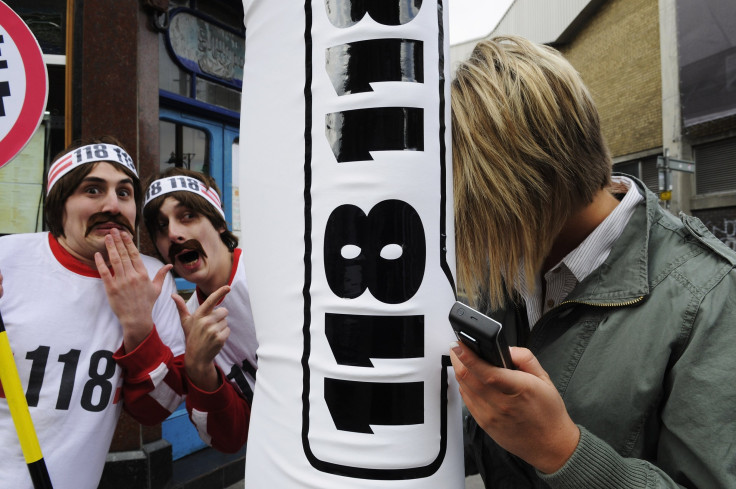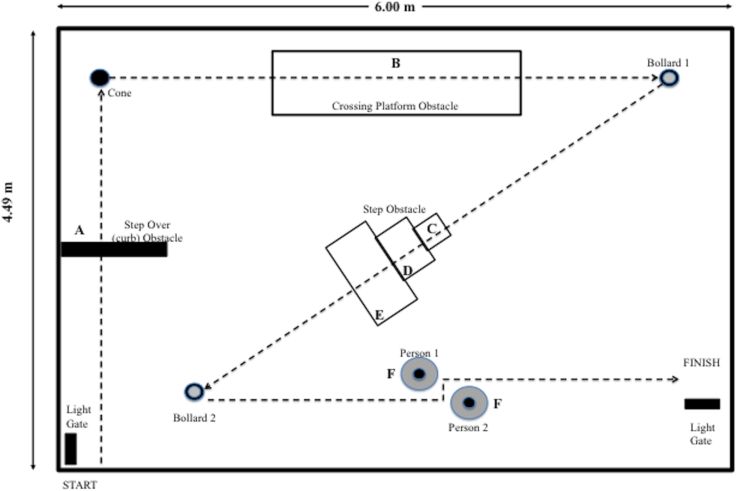Texting While Walking Is The Worst: Distracted Texters Are Slow, Swerve All Over The Place, Science Says

It's summer and it's incredibly hot. You're wearing something too heavy and you're sweating through it and you had to be somewhere five minutes ago. As you try to hustle, you get stuck behind your worst nightmare: a walk-and-texter. The person is slow, distracted, swerving, managing to block your attempts to pass -- just like a Nascar driver. It's not like you needed any scientific confirmation, but a new study confirms that texting affects how people walk.
Everyone has seen what happens when people walk and text: There are plenty of YouTube videos showing texters failing to stay upright. Indeed, texting while walking can even be deadly -- so the common practice needs to be studied so cities can learn how to incorporate human habits into their safety plans. Take London, for instance: There was even a whole experiment there in 2008 to make Brick Lane a "text safe" area by covering lampposts with padding.

The study, led by Conrad Earnest, from Texas A&M University, involved 30 participants between 18 and 50. Each individual was asked to complete three different tasks on an obstacle course -- normal walking, texting and walking, and texting while walking with a cognitive distraction (completing a math test). Not surprisingly, participants completed the course much more slowly while texting and while distracted. Participants finished the course in 19.32 seconds (plus or minus 2.28 seconds) under normal conditions; 24.95 seconds (plus-or-minus 4.20 seconds) while texting; and 24.09 seconds (plus or minus 3.36 seconds) while distracted.
Interestingly, texting affected how a person walked and their movements. While texting, participants walked more slowly, had increased step frequency and had increased obstacle clearance. Texters were less likely to walk in a straight line. That means texters were more cautious -- it's unclear if that was a conscious or a subconscious action -- and not at greater risk of tripping compared to the normal walking conditions. Based on the study, our gait may not be as automatic as we believe -- and further research can determine how different actions could affect how we walk.
Until we all figure out a way to text and walk safely, be careful out there.
© Copyright IBTimes 2024. All rights reserved.





















